Any security holes Windows XP users face will no longer be patched by Microsoft unless they sign a high-cost extended support contract with the company. However, the best course of action for users is to buy a new PC compatible with the latest Windows 11.
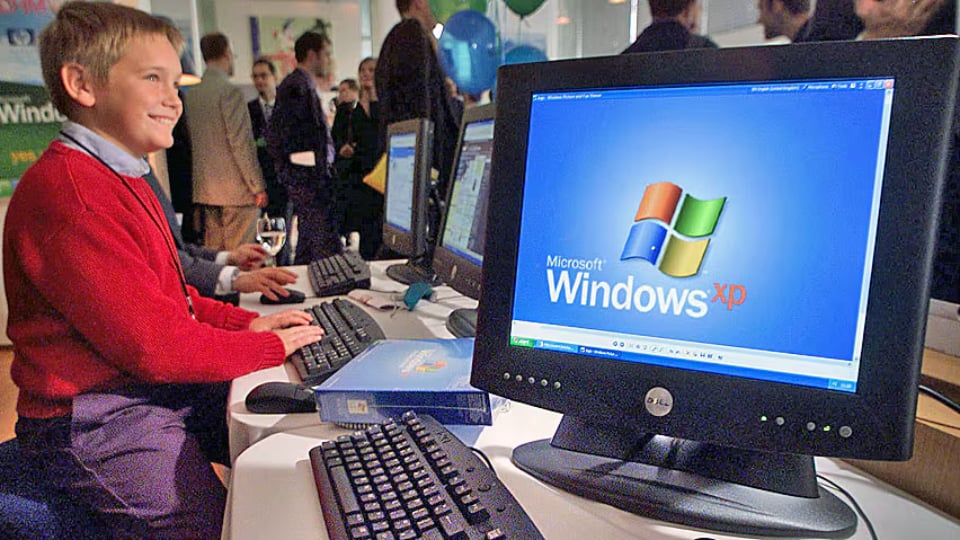
Windows XP is an operating system that still exists on some PCs today.
Back in Windows XP, YouTuber Eric Parker tested how a system running the old 2000s operating system would perform when connected to today's internet. The internet has been around for 20 years, but it has changed a lot since then, with vulnerabilities found in Windows XP. Since it's an operating system that hasn't received support for years, it's a "magnet for all kinds of malware."
To conduct his research, Parker installed Windows XP on a virtual machine, disabled all security measures, and allowed it to access a modern internet environment. As a result, just 2 minutes after starting to access the internet, viruses began to infiltrate the PC. Specifically, Parker found several viruses randomly installing themselves on the machine, including a virus named "conhoz.exe". Shortly after, another virus automatically created a completely new Windows XP account named "admina" that appeared to host an FTP file server on the machine.
It didn’t take long for more trojans, viruses, and other malware to appear on the system. Finally, Eric Parker installed Malwarebytes on his Windows XP machine to see how many viruses it would catch. As a result, the software detected eight viruses that were classified as trojans, backdoors, DNS changers, and adware. There were still more viruses on the machine, but the free version of Malwarebytes that Eric Parker used was only able to catch eight of them.
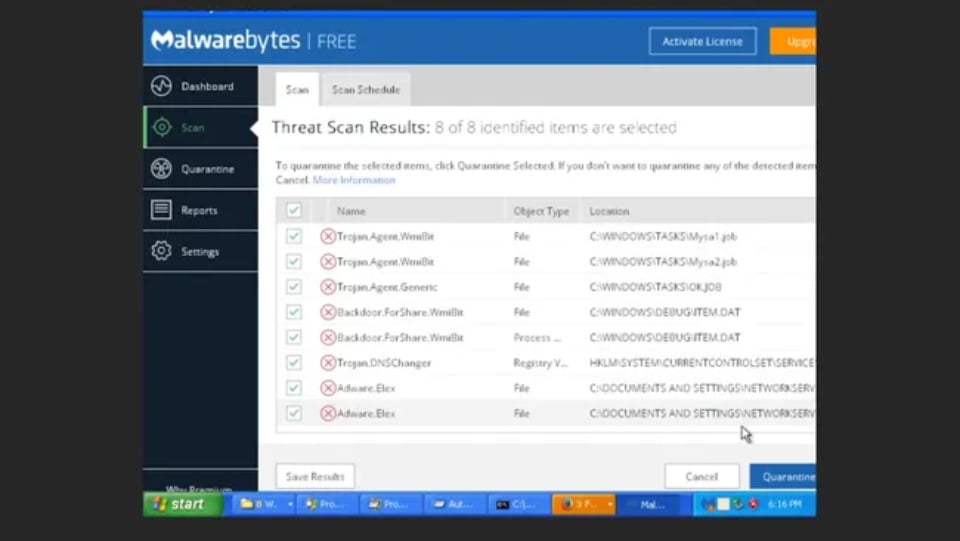
Viruses and malware detected by Malwarebytes
Eric Parker also performed a similar experiment on Windows 2000 and found even worse effects. Within minutes of connecting a Windows 2000 PC to the internet (and ensuring all ports were open, including those for SMB), a virus installed itself on the computer and automatically shut down the virtual machine. After rebooting the virtual machine, more viruses appeared, eventually causing a blue screen to appear.
Note that this type of serious security vulnerability does not exist in modern operating systems like Windows 10 and 11, which have much stronger security measures in place to prevent malware from installing itself, even when the firewall is turned off. Eric Parker confirmed that Microsoft operating systems since Windows 7 are not affected by the vulnerabilities he discovered. The YouTuber ran Windows 7 for hours in a virtual machine without antivirus software or a firewall and did not detect any viruses on the system.
Source: https://thanhnien.vn/pc-windows-xp-nhiem-virus-trong-vong-vai-phut-sau-khi-ket-noi-internet-185240520181916705.htm









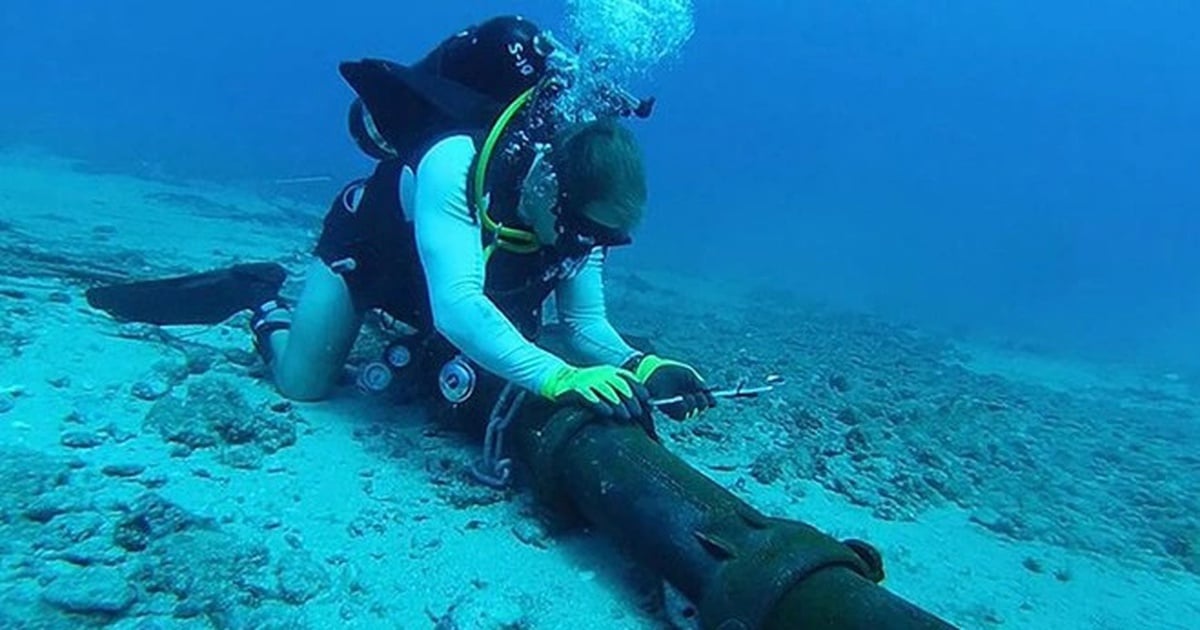




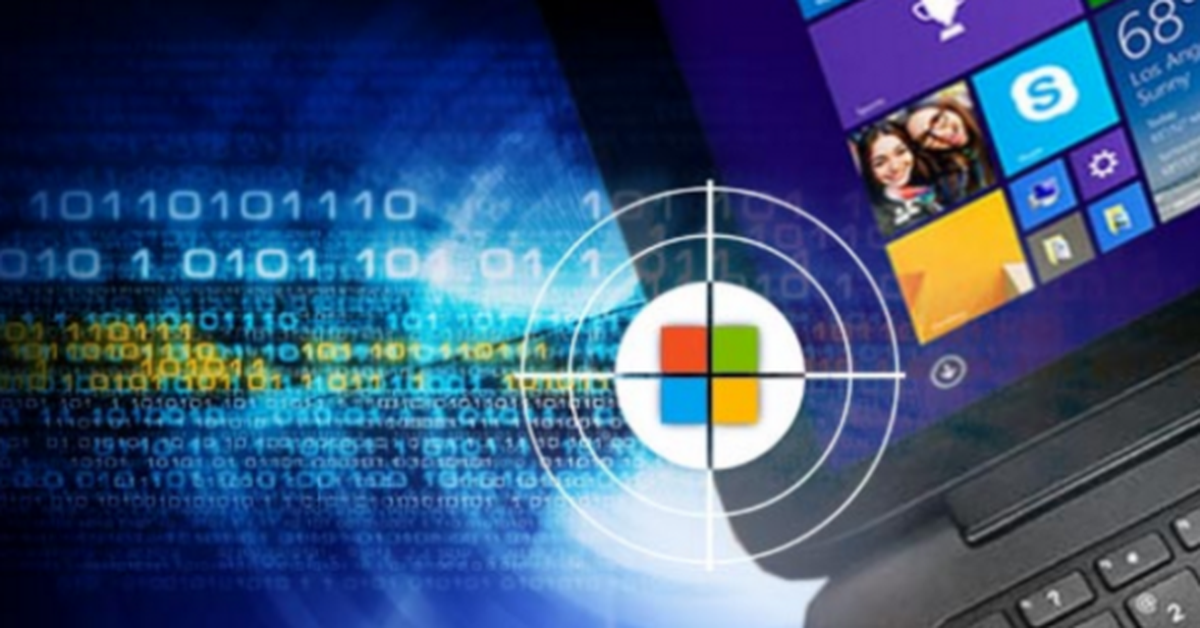
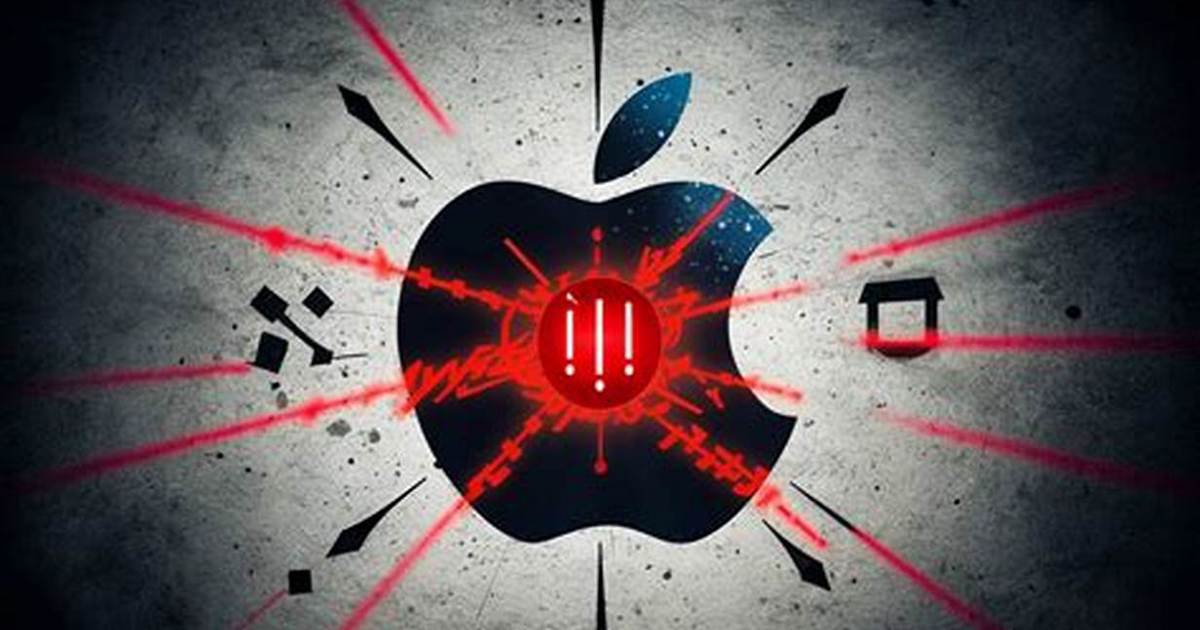


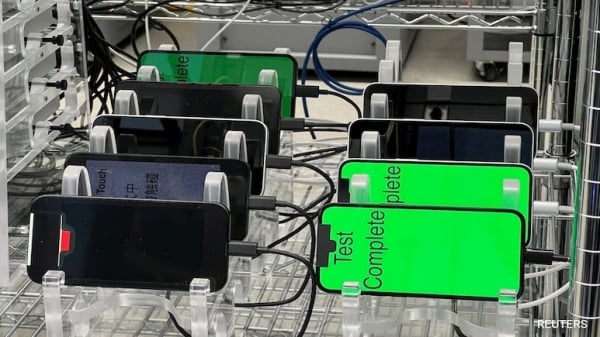



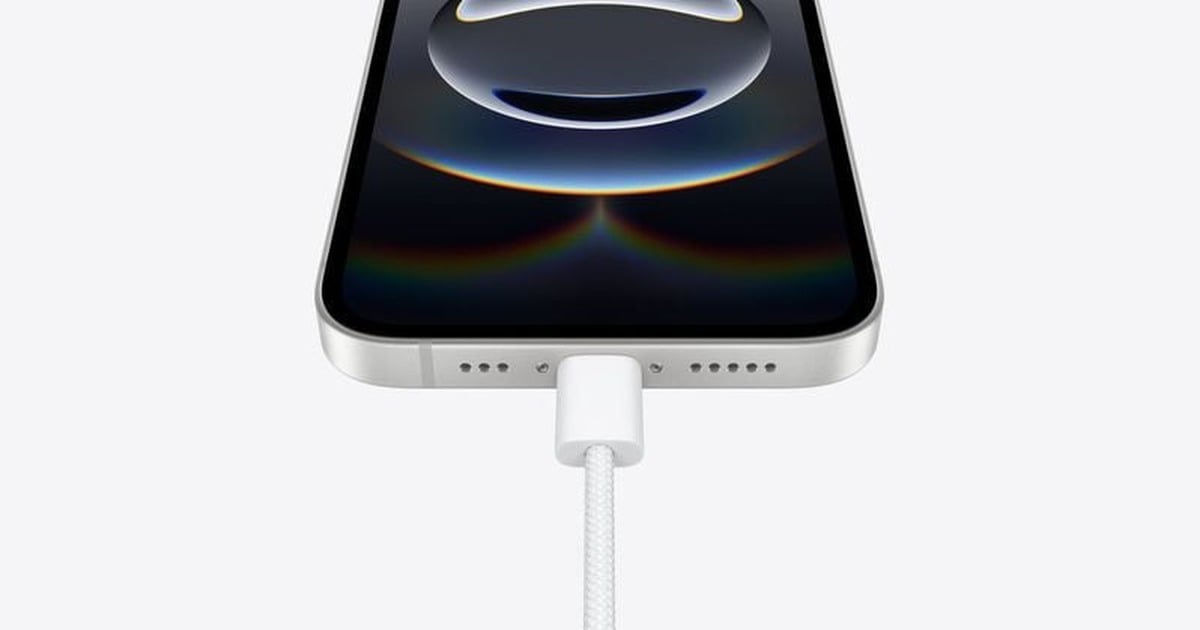













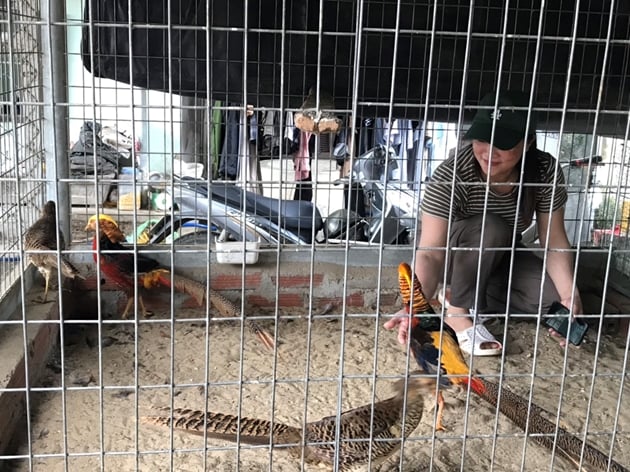



Comment (0)